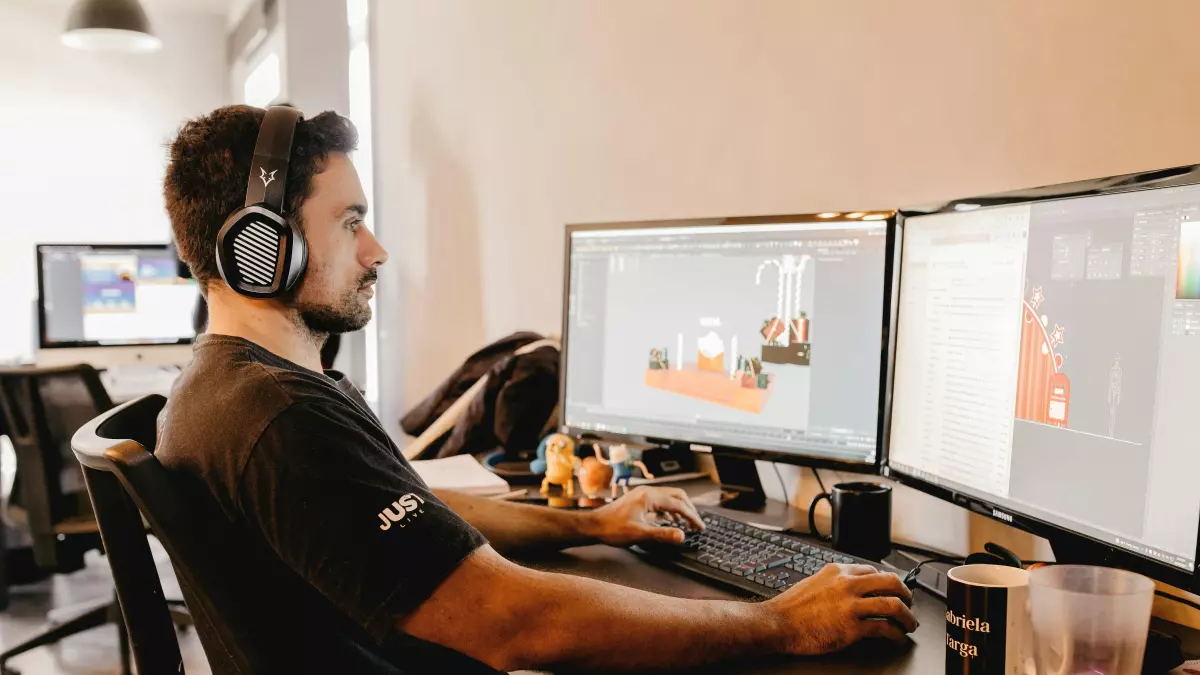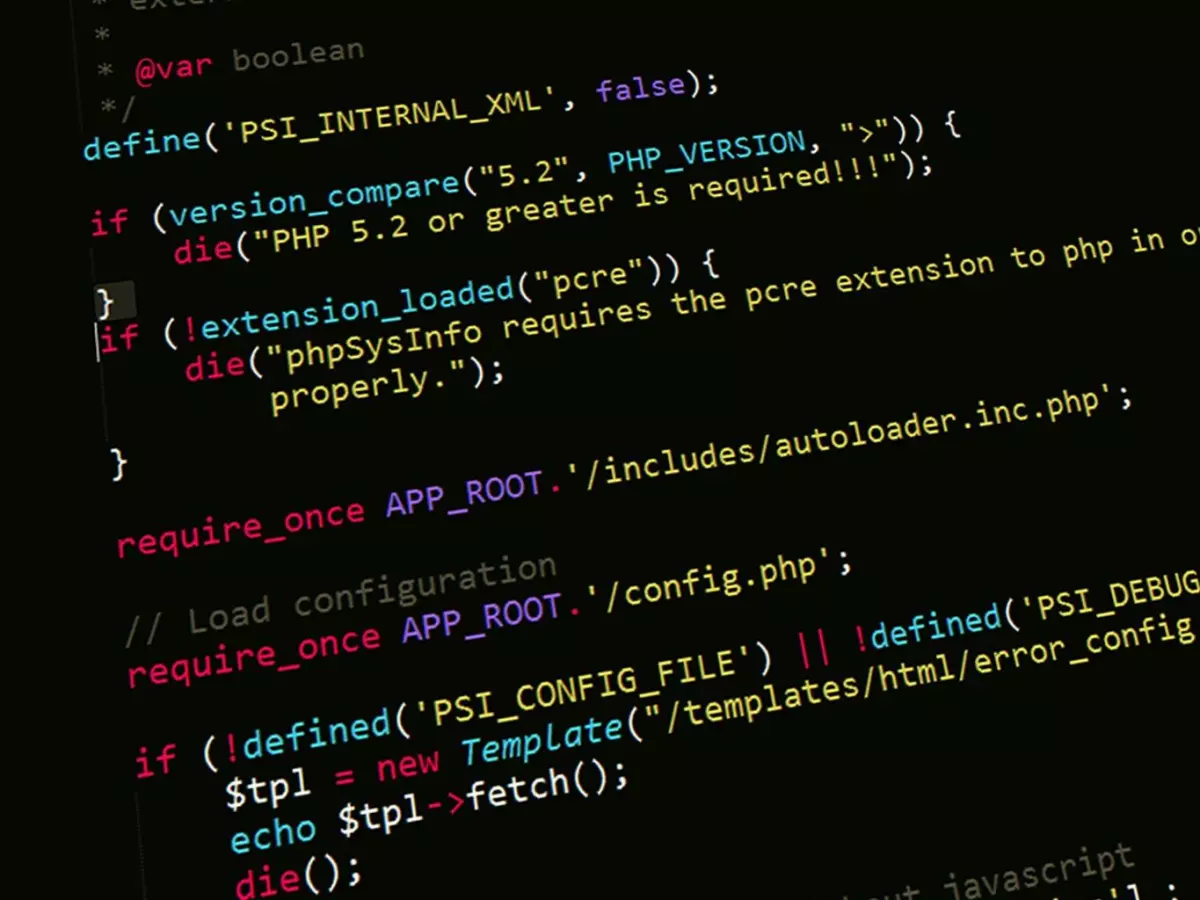Windows 10's Final Countdown
Imagine booting up your computer, only to be greeted by a message: 'Support for Windows 10 has ended.' What do you do next? Panic? Upgrade? Or maybe, just maybe, you cling to the familiar OS for as long as possible.

By Alex Rivera
Back in 2015, when Windows 10 was first introduced, it was hailed as the 'last version of Windows.' Microsoft promised continuous updates, and for a while, it seemed like Windows 10 would be the eternal operating system. But, as we all know, tech promises are often as fleeting as a Snapchat story. Fast forward to today, and we’re staring down the barrel of Windows 10’s end-of-life. In just a year, Microsoft will officially pull the plug on support for Windows 10, leaving millions of users with a choice: upgrade or risk running an unsupported OS.
Now, this isn’t the first time we’ve seen a Windows operating system face extinction. Remember Windows XP? It had a long, glorious run, but when Microsoft finally ended support in 2014, many users clung to it like a security blanket. The same thing happened with Windows 7. People just don’t like change, especially when it comes to their trusty PCs. But here’s the kicker: Windows 10’s successor, Windows 11, isn’t exactly winning hearts and minds at the same pace.
Why the Reluctance to Upgrade?
According to Presse-citron, a whopping 62.79% of Windows PCs were still running Windows 10 as of September 2024. That’s a huge chunk of users who haven’t made the leap to Windows 11, despite it being available since 2021. So, what’s the hold-up?
Well, for starters, Windows 11 comes with some pretty strict hardware requirements. If your PC isn’t up to snuff, you’re out of luck. This has left many users—especially those with older machines—feeling like they’re being forced into an upgrade they’re not ready for. And let’s be honest, upgrading your entire system just to run a new OS isn’t exactly appealing, especially when Windows 10 is still doing the job just fine.
There’s also the fact that Windows 11, while shiny and new, hasn’t exactly been a game-changer. Sure, it’s got some cool features, like better integration with Microsoft Teams and a more streamlined design, but for the average user, it doesn’t feel like a 'must-have' upgrade. It’s more like a 'nice-to-have'—and that’s not enough to get people rushing to install it.
The Future of Windows PCs
So, what happens next? Well, as we inch closer to Windows 10’s end-of-life, we can expect Microsoft to ramp up the pressure on users to upgrade. There will likely be more aggressive reminders, maybe even some incentives to make the switch. But for those who resist, the risks of staying on Windows 10 will become more apparent. Without security updates, users will be vulnerable to cyberattacks, and we all know how much hackers love exploiting outdated software.
On the flip side, Windows 11 will continue to evolve. Microsoft has already hinted at future updates that could make the OS more appealing, especially for gamers and professionals. We might see better performance, more customization options, and improved compatibility with older hardware. But whether that will be enough to win over the holdouts remains to be seen.
In the end, the transition from Windows 10 to Windows 11 is inevitable. It’s just a matter of when, not if. And while some users will make the switch kicking and screaming, others will embrace the change with open arms. After all, in the world of tech, evolution is the only constant.
Looking Ahead
As we approach Windows 10’s final year, it’s clear that the future of PCs is at a crossroads. Will Windows 11 finally take off, or will users continue to resist the upgrade? One thing’s for sure: the next year will be a defining moment for Microsoft and its users. So, if you’re still clinging to Windows 10, now might be the time to start thinking about your next move. Because, like it or not, change is coming.





